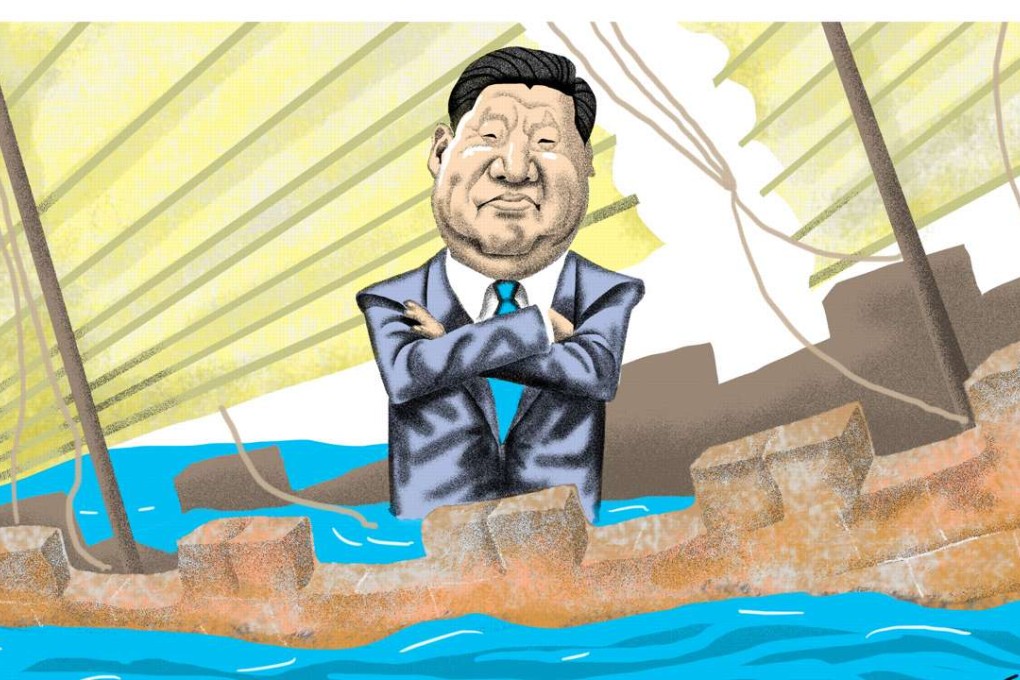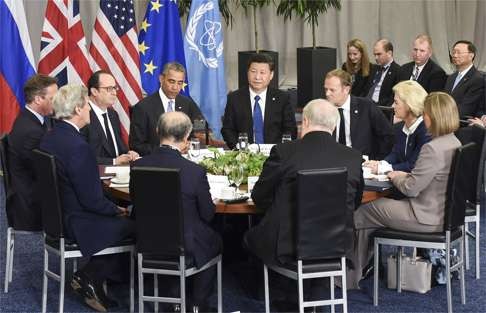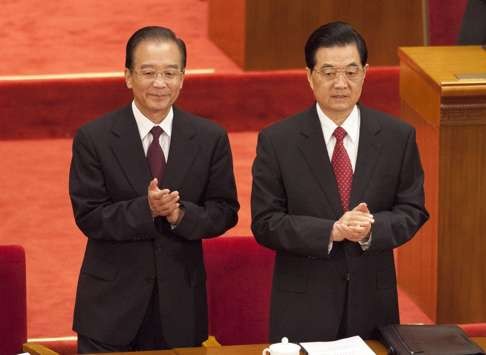Xi Jinping’s focus on shoring up power comes at the cost of reforms China urgently needs
Steve Tsang says China’s president still does not feel secure enough in his position to introduce the tough policies needed for the country’s sustainable development

A global nuclear security summit held in Washington last week provided the latest illustration of China’s perceived strength – and that of its president, Xi Jinping ( 習近平 ) – on the world stage. Headlines focused on Xi’s meeting with US President Barack Obama, in which China and the United States agreed to work towards denuclearisation of the Korean peninsula and issued a joint statement on nuclear security cooperation.
The issue of China’s construction of military facilities in the South China Sea took a back seat, publicly at least. China says it has no intention of militarising these disputed islets; the US says China is already doing exactly that. The lack of an agreed definition for what constitutes “militarisation” preserves the status quo.

Xi Jinping and Barack Obama agree to cooperate to confront North Korean nuclear threat
Internationally, Xi projects an outward confidence that his predecessor Hu Jintao (胡錦濤) could never master. He has the significant added advantage of being able to ride on the back of the geopolitical shift brought about by the financial crisis. When Hu was in charge, China was a rapidly emerging power. Now, it is viewed as a near-superpower and is treated as such.
At home, Xi fears his authority slipping
Xi’s self-assurance has contributed to a tendency in the West to gloss over China’s current economic challenges and assume Xi and the Communist Party have the tools to sustain high-level, albeit reduced, economic growth. At home, though, Xi fears his authority slipping, and China’s annual parliamentary-style sessions last month revealed signs of weakness and paranoia.
At a time when China is in desperate need of a bold and clearly communicated strategy for economic reform, specific policy announcements coming out of the legislative meetings were far more limited than the circumstances require. The most noteworthy aspect of the two sessions was the climate of political control in which they were conducted rather than any concrete outcomes. Delegates were reportedly advised against giving interviews to overseas media and Chinese media were subject to even stricter censorship constraints.
Xi’s obsession with power consolidation is overriding policymaking. More than three years after taking the helm, Xi has fallen into a cycle of attempting to strengthen his position almost for the sake of doing so, while failing to deliver solutions that can steer China through a period of deep economic uncertainty.
On becoming leader in 2012, Xi appeared determined to seize the opportunities to introduce sweeping reforms that were missed during the so-called “golden decade” of prosperity that characterised the Hu and Wen Jiabao ( 溫家寶 ) era. While Xi seems to have a genuine desire to implement the kind of reforms that China needs, he clearly still does not feel sufficiently secure to do so.
